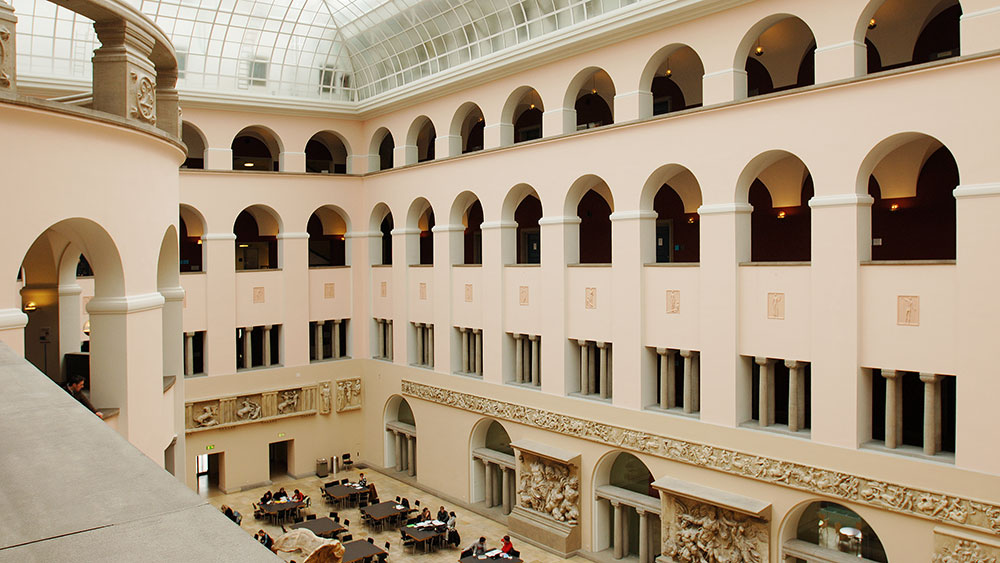Top Marks for UZH’s Culture of Quality
In Switzerland, higher education institutions that want to be able to call themselves a “university”, “university of applied sciences” or “university of teacher education” have to prove to the Swiss Accreditation Council that they have the tools to effectively ensure the quality of their research, teaching and services. This is a requirement of the Higher Education Act (HEdA) from 2015.
It is the first time that UZH has undergone such a procedure, and the University has now received some good news: The University of Zurich has been awarded accreditation, without any further conditions, valid until 2028.
Top marks
The external accreditation experts are full of praise for UZH, describing the prevailing culture of quality and the apparent commitment of all involved at UZH as impressive. Among other things, the report highlights the following areas:
- The quality assurance system of UZH was deemed very well thought-out, consistently organized and implemented.
- The quality assurance meetings as part of the quality management processes for education and teaching were described as a convincing tool to foster dialogue between faculty management and students, and to invite students to take a more active role.
- UZH’s professorial appointment procedures, conditions for tenure-track assistant professorships as well as the structures and tools available to PhD candidates were rated as “state-of-the-art”.
- The conditions and support services for researchers, teaching staff and in the area of services were described as excellent.
- The report called UZH’s focus on continuing education for leaders and managers right and important.
- The fact that UZH’s culture of quality in education and teaching is developed according to scientific principles was listed as another positive.
- The report also lauded the promotion of cooperation across faculty and subject boundaries, e.g. through research priority programs.
- University operations were judged to be fit for the future.
Challenges ahead
In their report, the experts also identified a number of challenges that UZH has to address and gave some recommendations. Following the successful strategic development of its quality assurance system, UZH should now make sure the system is fully implemented and fine-tune the tools used to do so. Among other things, this involves keeping an eye on the balance of costs and benefits of quality assurance processes.
Some of the challenges mentioned in the report include interaction between different university levels (in particular, between the departments/institutes and the chairs), student involvement in decision-making processes, consolidation of the restructured University representative bodies, and gender parity at the professorial level.
Motivation to continue improving
UZH president Michael Schaepman welcomes the positive outcome of the accreditation process. “The experts’ constructive criticism is a valuable contribution to the continued development of UZH. Over the past few years, we managed to build an effective and functional quality assurance system, fully aware that certain innovations will need some time to unfold and become established,” says the UZH president.
Deputy President Gabriele Siegert provided the strategic management of the Accreditation 2022 project. She too emphasizes UZH’s role as a learning organization. “The accreditation helped us reflect on and improve our quality management processes. I would like to thank the many employees and students who were actively involved in the project, and especially Peter Collmer and Daniela Schulte, who were in charge of the project’s operational tasks.”
